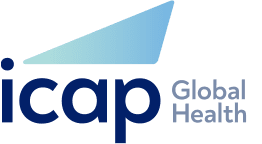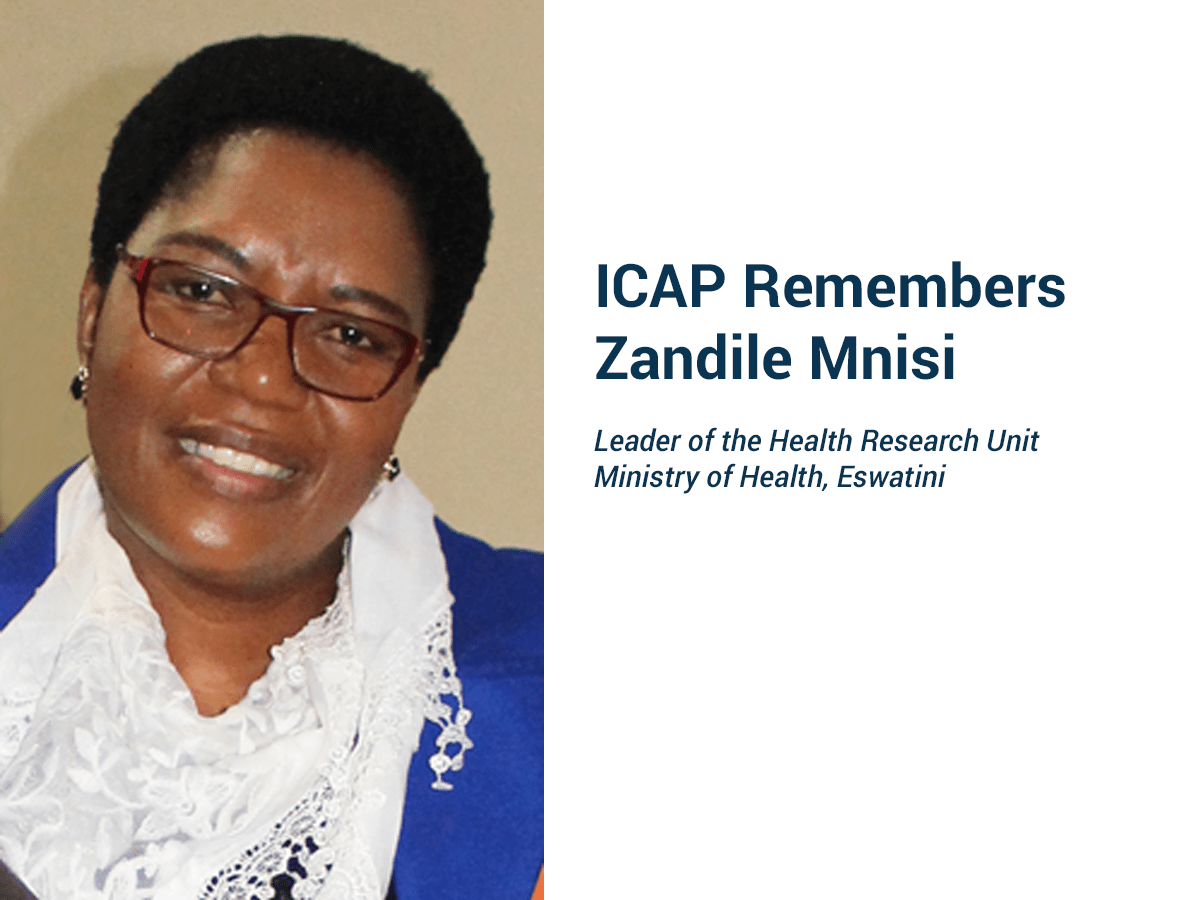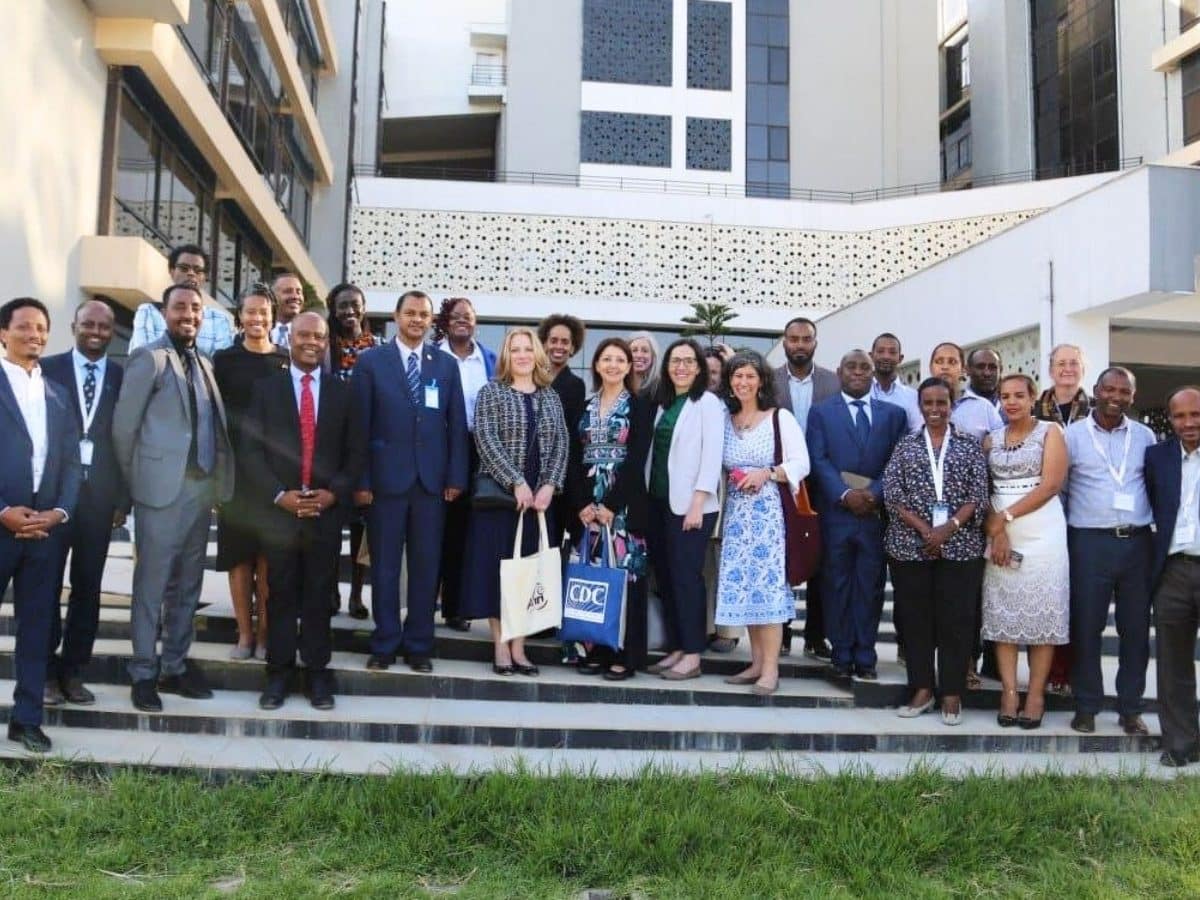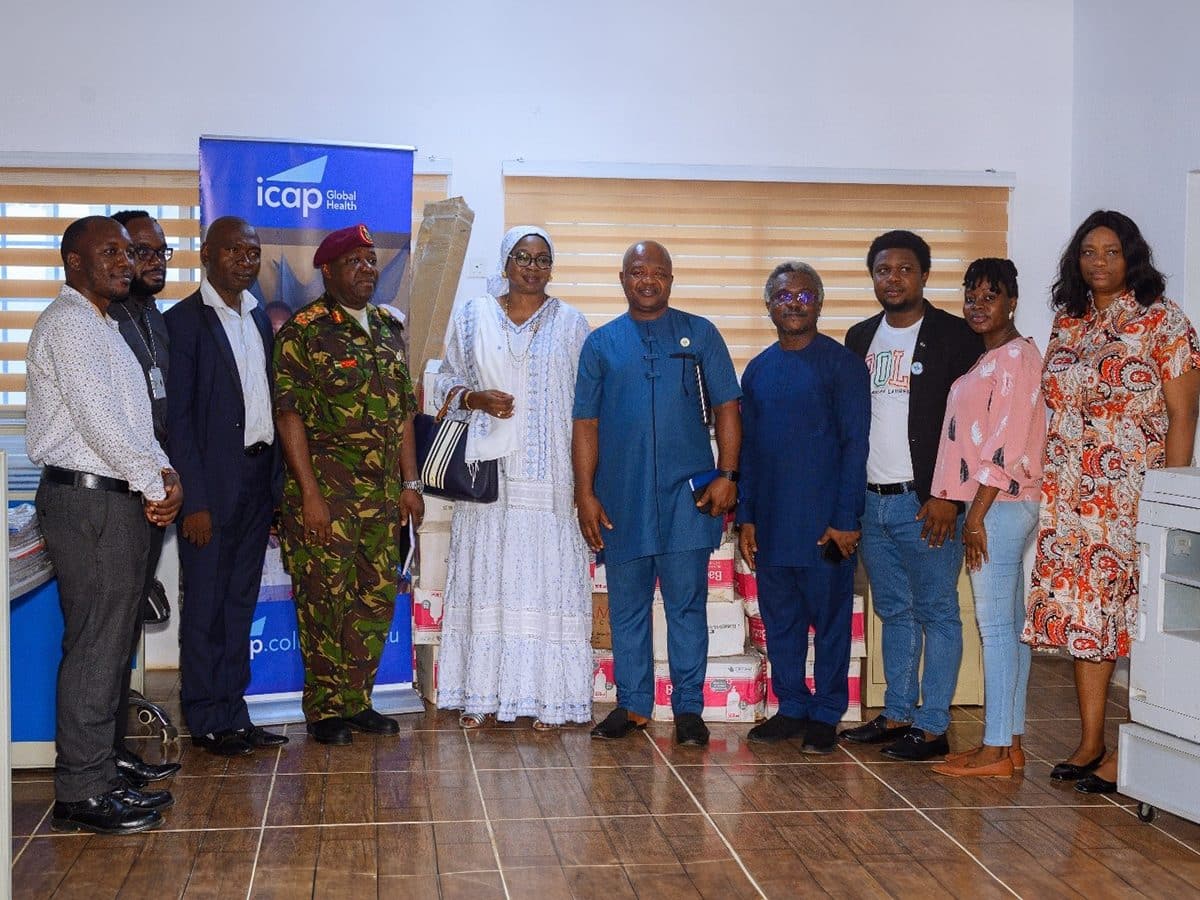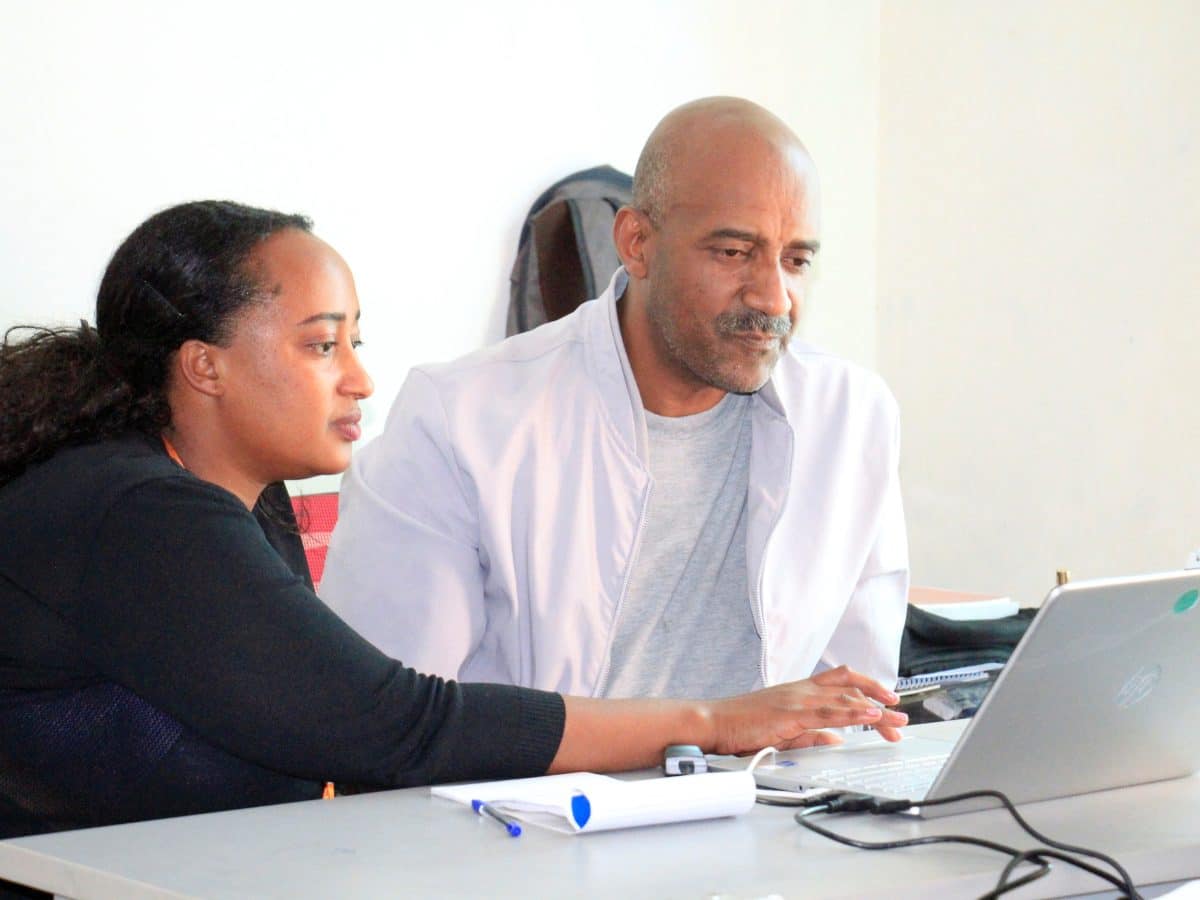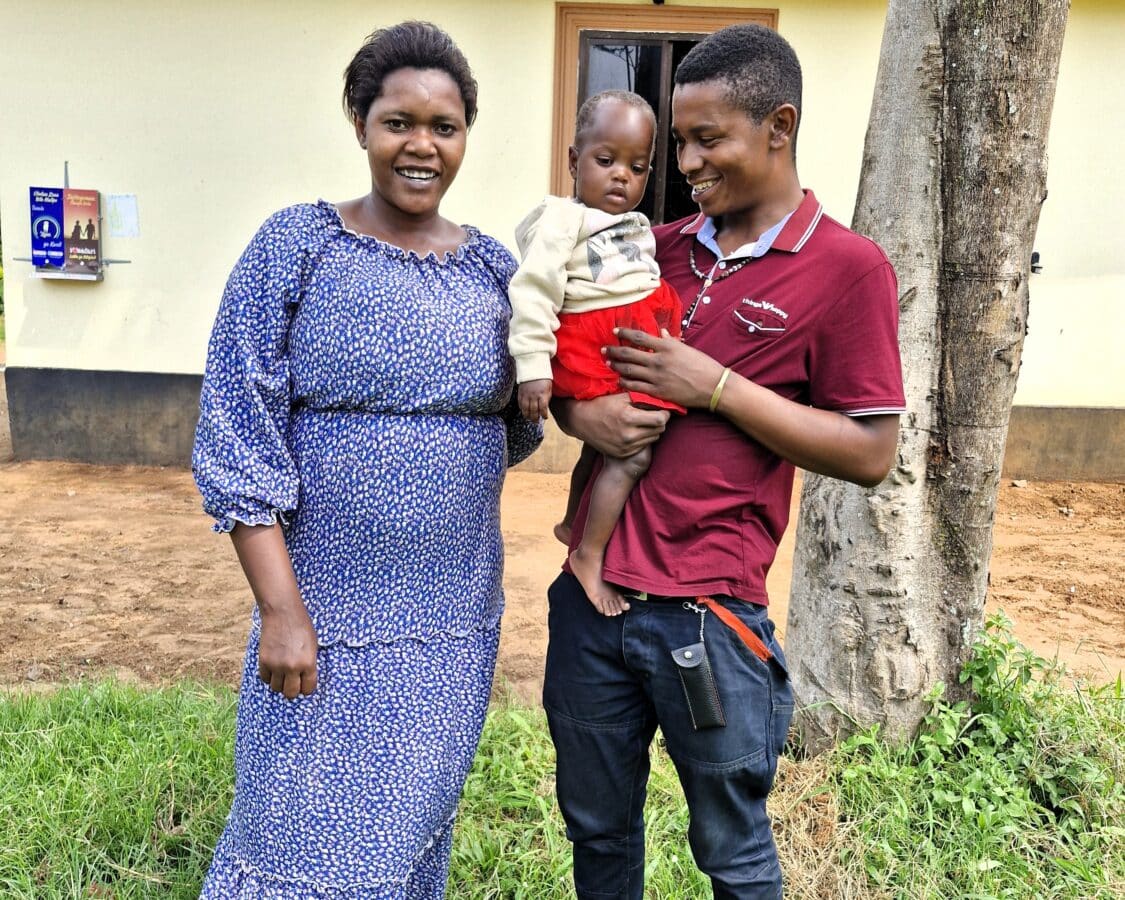ICAP at Columbia University mourns the loss of Ms. Zandile (Zandi) Mnisi—an exemplary public health leader, mentor, and friend. Make Zandi, or ‘Mother Zandi’ in SiSwati, was the lead of the Health Research Unit at the Ministry of Health (MoH) in Eswatini.
Over the years, Make Zandi tirelessly supported ICAP’s research projects to promote evidence-based approaches that then informed the national policies and practices of Eswatini’s national response to the HIV pandemic.
“Make Zandi was an integral part of every research project ICAP conducted with the Ministry of Health since 2009. She provided invaluable leadership, technical expertise, and coordination, always firmly advocating for what was in the best interest of Eswatini,” noted Harriet Nuwagaba-Biribonwoha, MD, PhD, research director for ICAP in Eswatini. “I am eternally grateful for the opportunity we had to know her and work with her to generate and disseminate evidence that impacts public health, and to build research capacity in Eswatini.”
Some notable projects she supported at ICAP include the longstanding Health Research Training Program; the ECHO trial, which examines the relationship between contraceptive options and HIV outcomes; and, most recently, the HPTN 084 study, which investigates the feasibility of injectable pre-exposure prophylaxis (PrEP) in HIV prevention.
One of her most prominent engagements with ICAP was as principal investigator for the Eswatini Population-based HIV Impact Assessment surveys, or SHIMS2 (2017) and SHIMS3 (2020). In this role, she demonstrated exemplary leadership and technical acumen. The SHIMS2 results, which demonstrated a decline of new infections for the first time in Eswatini, formed the cornerstone of contemporary HIV programs across the country. Her efforts will continue to shine as ICAP moves forward with the implementation of SHIMS3 later this year.
“It is with sadness that we learned of the passing on of Ms. Zandi Mnisi,” noted Ruben Sahabo, MD, country director for ICAP in Eswatini. “She played a key role working with ICAP’s research team and other many stakeholders to move the research agenda in Eswatini. Zandi also contributed to several ICAP-supported research projects as principal investigator or collaborator.”
’“We have so many rich memories of working together with Zandi over the years. Her contributions were always substantive and meaningful,” reflected Wafaa El-Sadr, MD, MPH, MPHIA, global director of ICAP. “It was also just such a pleasure to know her.”
A global health leader since 2003, ICAP was founded at Columbia University with one overarching goal: to improve the health of families and communities. Together with its partners—ministries of health, large multilaterals, health care providers, and patients—ICAP strives for a world where health is available to all. To date, ICAP has addressed major public health challenges and the needs of local health systems through 6,000 sites across more than 30 countries.

